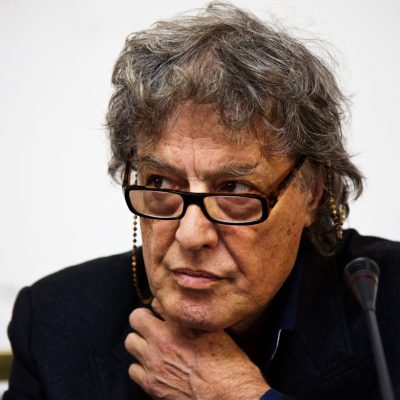24 Nov 2021 | News, Statements

Writer Catherine Belton
The undersigned organisations express their serious concern at the legal proceedings that are being brought against journalist and author Catherine Belton and her publisher HarperCollins.
The two defamation lawsuits are being brought by Russian businessman Roman Abramovich and the Russian state energy company Rosneft in relation to Belton’s book, Putin’s People: How the KGB took back Russia and then took on the West, which was published in April 2020.
Abramovich’s complaint relates to 26 extracts in the book, including the suggestion that his purchase of Chelsea Football Club in 2003 was directed by Russian president, Vladimir Putin. Rosneft’s complaint relates to claims that they participated in the expropriation of Yukos Oil Company, which had been privately owned by businessman Mikhail Khodorkovsky. Both claims were filed in March 2021.
“We believe that the lawsuits against Belton and HarperCollins amount to strategic lawsuits against public participation (SLAPPs),” the organisations said, referring to a form of legal harassment used by wealthy and powerful entities to silence journalists and other public watchdogs.
“SLAPPs are used to drain their targets of as much time, money, and energy as possible in order to bully them into silence. The individual may be sued personally and several lawsuits may be brought at the same time, including in different jurisdictions,” the organisations said. “These are hallmarks of SLAPPs, and they’re consistent with what Belton and HarperCollins have faced.”
Five separate claims were initially filed against Belton and HarperCollins, but three have since been resolved without the need for costs or damages being awarded to the claimants. In June 2021, Abramovich filed an additional lawsuit against HarperCollins in Australia in relation to Belton’s book.
“We, once again, urge the UK government to consider measures, including legislative reforms, that would protect public watchdogs from being subject to burdensome, lengthy, and financially draining legal actions, which can stifle public debate,” the organisations concluded. “Our democracy relies on their ability to hold power to account.”
SIGNED:
ARTICLE 19
Association of European Journalists (AEJ)
AEJ Polish Section
Blueprint for Free Speech
Campaign for Freedom of Information in Scotland (CFoIS)
Citizen Network Watchdog Poland
Cyrus R. Vance Center for International Justice
English PEN
European Centre for Press and Media Freedom (ECPMF)
Index on Censorship
IFEX
Justice for Journalists Foundation
National Union of Journalists (NUJ)
OBC Transeuropa (OBCT)
PEN International
Reporters Without Borders (RSF)
Society of Journalists, Warsaw
Spotlight on Corruption
The Daphne Caruana Galizia Foundation
29 Sep 2021 | Afghanistan, Americas, Artistic Freedom Commentary and Reports, Asia and Pacific, Australia, Burma, Cuba, Ecuador, Europe and Central Asia, Israel, Lukashenko letters, Magazine, Magazine Contents, Middle East and North Africa, Religion and Culture, Russia, Syria, Turkey, Uganda, United Kingdom, United States, Volume 50.03 Autumn 2021, Volume 50.03 Autumn 2021 Extras
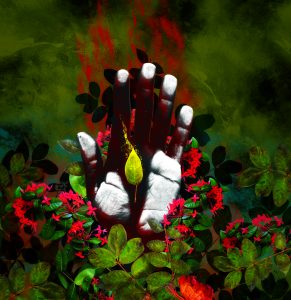
The Autumn issue of Index magazine focuses on the struggle for environmental justice by indigenous campaigners. Anticipating the United Nations Climate Change Conference (COP26), in Glasgow, in November, we’ve chosen to give voice to people who are constantly ignored in these discussions.
Writer Emily Brown talks to Yvonne Weldon, the first aboriginal mayoral candidate for Sydney, who is determined to fight for a green economy. Kaya Genç investigates the conspiracy theories and threats concerning green campaigners in Turkey, while Issa Sikiti da Silva reveals the openly hostile conditions that environmental activists have been through in Uganda.
Going to South America, Beth Pitts interviews two indigenous activists in Ecuador on declining populations and which methods they’ve been adopting to save their culture against the global giants extracting their resources.
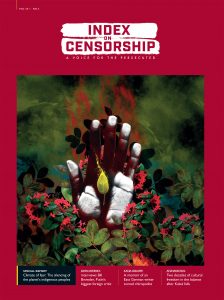 Cover of Index on Censorship Autumn 2021 (50-3)[/caption]
Cover of Index on Censorship Autumn 2021 (50-3)[/caption]
A climate of fear, by Martin Bright: Climate change is an era-defining issue. We must be able to speak out about it.
The Index: Free expression around the world today: the inspiring voices, the people who have been imprisoned and the trends, legislation and technology which are causing concern.
Pile-ons and censorship, by Maya Forstater: Maya Forstater was at the heart of an employment tribunal with significant ramifications. Read her response the Index’s last issue which discussed her case.
The West is frightened of confronting the bully, by John Sweeney: Meet Bill Browder. The political activist and financier most hated by Putin and the Kremlin.
An impossible choice, by Ruchi Kumar: The rapid advance of Taliban forces in Afghanistan has left little to no hope for journalists.
Words under fire, by Rachael Jolley: When oppressive regimes target free speech, libraries are usually top of their lists.
Letters from Lukashenka’s prisoners, by Maria Kalesnikava, Volha Takarchuk, Aliaksandr Vasilevich and Maxim Znak: Standing up to Europe’s last dictator lands you in jail. Read the heartbreaking testimony of the detained activists.
Bad blood, by Kelly Duda: How did an Arkansas blood scandal have reverberations around the world?
Welcome to hell, by Benjamin Lynch: Yangon’s Insein prison is where Myanmar’s dissidents are locked up. One photojournalist tells us of his time there.
Cartoon, by Ben Jennings: Are balanced debates really balanced? Ask Satan.[/vc_column_text][/vc_column][/vc_row][vc_row][vc_column][vc_custom_heading text=”Special Report” font_container=”tag:h2|font_size:22|text_align:left”][/vc_column][/vc_row][vc_row][vc_column][vc_column_text]
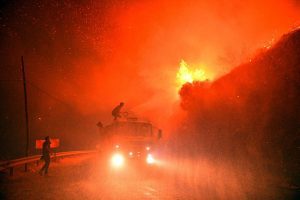
Credit: Xinhua/Alamy Live News
It’s not easy being green, by Kaya Genç: The Turkish government is fighting environmental protests with conspiracy theories.
It’s in our nature to fight, by Beth Pitts: The indigenous people of Ecuador are fighting for their future.
Respect for tradition, by Emily Brown: Australia has a history of “selective listening” when it comes to First Nations voices. But Aboriginal campaigners stand ready to share traditional knowledge.
The write way to fight, by Liz Jensen: Extinction Rebellion’s literary wing show that words remain our primary tool for protests.
Change in the pipeline? By Bridget Byrne: Indigenous American’s water is at risk. People are responding.
The rape of Uganda, by Issa Sikiti da Silva: Uganda’s natural resources continue to be plundered.Cigar smoke and mirrors, by James Bloodworth: Cuba’s propaganda must not blight our perception of it.
Denialism is not protected speech, by Oz Katerji: Should challenging facts be protected speech?
Permissible weapons, by Peter Hitchens: Peter Hitchens responds to Nerma Jelacic on her claims for disinformation in Syria.
No winners in Israel’s Ice Cream War, by Jo-Ann Mort: Is the boycott against Israel achieving anything?
Better out than in? By Mark Glanville: Can the ancient Euripides play The Bacchae explain hooliganism on the terraces?
Russia’s Greatest Export: Hostility to the free press, by Mikhail Khordokovsky: A billionaire exile tells us how Russia leads the way in the tactics employed to silence journalists.
Remembering Peter R de Vries, by Frederike Geeerdink: Read about the Dutch journalist gunned down for doing his job.
A right royal minefield, by John Lloyd: Whenever one of the Royal Family are interviewed, it seems to cause more problems.
A bulletin of frustration, by Ruth Smeeth: Climate change affects us all and we must fight for the voices being silenced by it.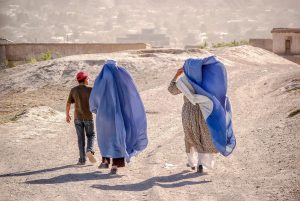 Credit: Gregory Maassen/Alamy[/caption]
Credit: Gregory Maassen/Alamy[/caption]
The man who blew up America, by David Grundy: Poet, playwright, activist and critic Amiri Baraka remains a controversial figure seven years after his death.
Suffering in silence, by Benjamin Lynch and Dr Parwana Fayyaz The award-winning poetry that reminds us of the values of free thought and how crucial it is for Afghan women.
Heart and Sole, by Mark Frary and Katja Oskamp: A fascinating extract gives us an insight into the bland lives of some of those who did not welcome the fall of the Berlin Wall.
Secret Agenda, by Martin Bright: Reforms to the UK’s Official Secret Act could create a chilling effect for journalists reporting on information in the public interest.



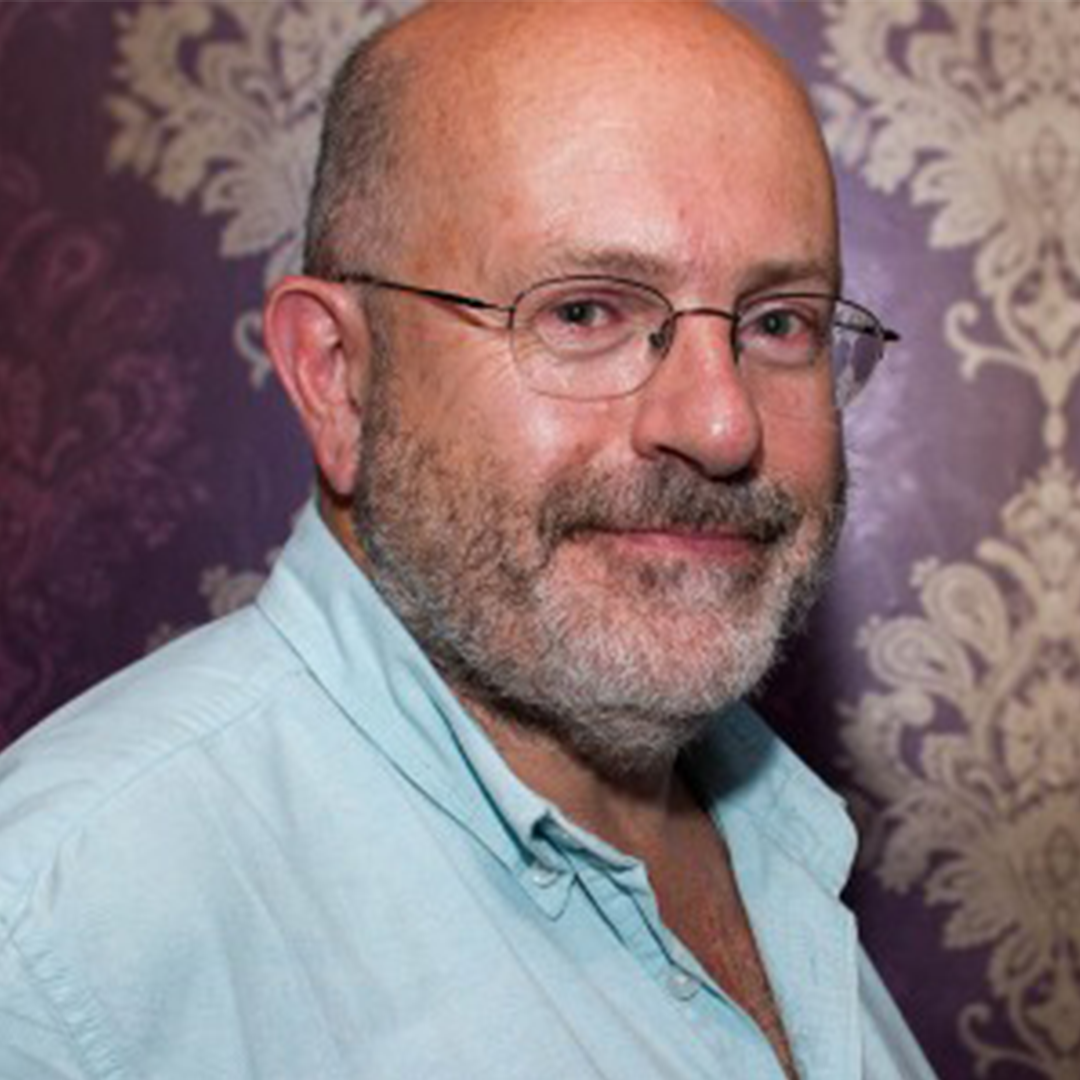
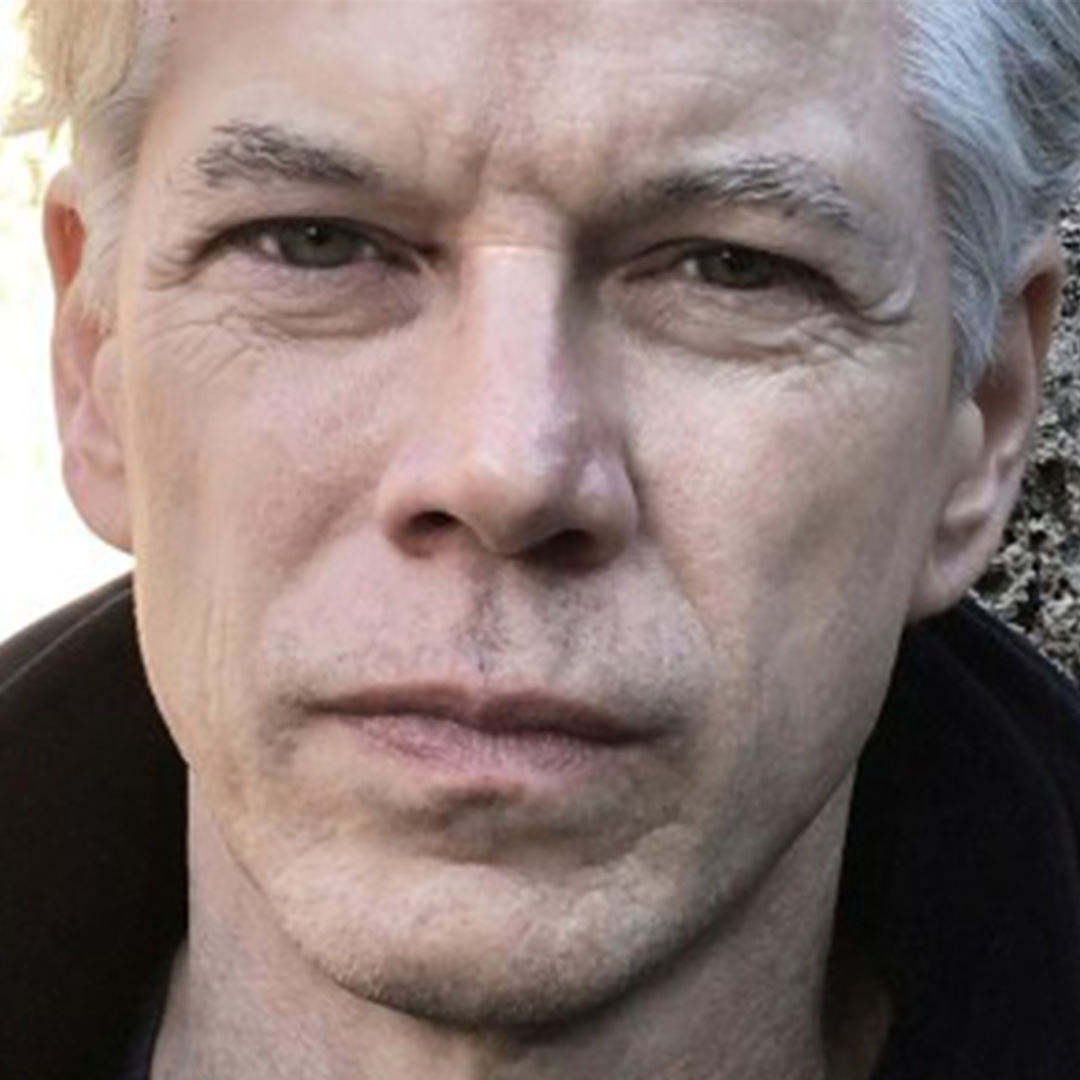

 Cover of Index on Censorship Autumn 2021 (50-3)[/caption]
Cover of Index on Censorship Autumn 2021 (50-3)[/caption]
 Credit: Gregory Maassen/Alamy[/caption]
Credit: Gregory Maassen/Alamy[/caption]


